The Pacific island nation of Tuvalu faces an unprecedented challenge that extends far beyond its shores. With a population of just over 11,000 people spread across nine coral atolls, Tuvalu sits barely three meters above sea level at its highest point. This geographical reality has prompted many Tuvaluans to consider migration to Australia as their homeland confronts mounting environmental and economic pressures.
Understanding why Tuvaluans are applying to migrate to Australia requires examining the complex interplay of climate change, economic opportunities, and family connections that drive this migration pattern. The situation offers insight into how small island nations navigate modern challenges while maintaining their cultural identity and community bonds.
For many Tuvaluans, migration represents both necessity and opportunity. The decision to leave their ancestral home reflects practical concerns about long-term sustainability, education prospects, and economic stability that Australia can provide.
Climate Change: The Primary Driver
Sea level rise poses the most immediate threat to Tuvalu’s existence. The nation experiences regular flooding during high tides, with saltwater intrusion affecting freshwater supplies and agricultural land. These king tides, locally known as “sunny day flooding,” occur multiple times each year and are becoming more frequent and severe.
The impact extends beyond temporary inconvenience. Saltwater contamination destroys crops, particularly the traditional root vegetables that form the basis of Tuvaluan subsistence agriculture. Families watch their gardens become unusable, forcing greater dependence on imported food and reducing food security.
Coastal erosion compounds these challenges. Several communities have already relocated within their islands as shorelines retreat. The constant threat of permanent inundation creates uncertainty about property values, infrastructure investments, and long-term community planning.
These environmental pressures create a compelling case for migration. Australia’s stable land mass, established Pacific Islander communities, and climate that allows year-round agriculture appeal to families seeking security for future generations.
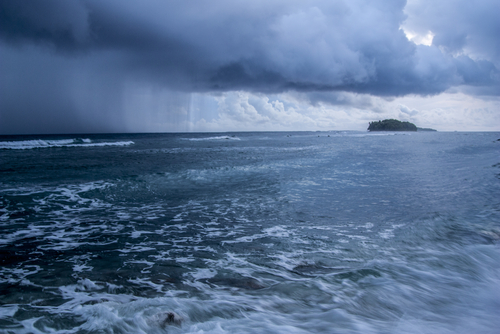
Economic Opportunities Beyond the Atolls
Limited economic opportunities in Tuvalu push many citizens to seek better prospects abroad. The nation’s economy depends heavily on fishing licenses sold to foreign fleets, remittances from overseas workers, and revenue from its internet domain (.tv). These income sources provide little direct employment for most residents.
Traditional livelihoods centered on fishing and subsistence farming face increasing challenges. Fish stocks decline due to ocean temperature changes, while agricultural productivity suffers from saltwater intrusion and irregular rainfall patterns. Young Tuvaluans particularly struggle to find meaningful employment that provides sufficient income to support families.
Australia offers diverse employment opportunities across industries that match Tuvaluan skills and interests. The construction, healthcare, and service sectors provide entry-level positions that can lead to career advancement. Many Tuvaluans also find work in Australia’s agricultural sector, applying traditional knowledge of farming and fishing to new contexts.
Higher wages in Australia enable workers to send remittances home, supporting extended families and community projects in Tuvalu. This economic connection maintains ties to the homeland while providing financial stability for both migrants and those who remain.
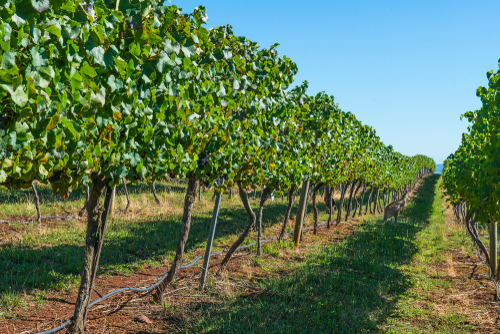
Educational Advancement for Children
Limited educational opportunities in Tuvalu motivate many families to seek migration pathways. The nation operates primary schools on most inhabited islands, but secondary education options remain constrained. Students often must travel to the capital, Funafuti, for high school, creating family separation and additional costs.
Post-secondary education requires leaving Tuvalu entirely. The small population cannot support a university, and vocational training options remain limited. Bright students face the choice between curtailing their education or leaving home to pursue higher learning.
Australia’s established education system, from primary through university levels, attracts Tuvaluan families. The presence of Pacific Islander communities in Australian cities provides cultural support for young people navigating new educational environments while maintaining connections to their heritage.
Many Tuvaluan parents view education as the key to their children’s future success. Australia’s education system opens doors to professional careers that would be impossible to pursue while remaining in Tuvalu. This long-term perspective on children’s opportunities drives family migration decisions.
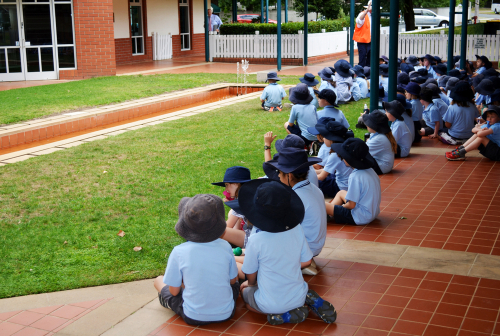
Family Reunification and Community Networks
Existing Tuvaluan communities in Australia create migration pathways for extended family members. Chain migration occurs as established residents sponsor relatives or provide informal support networks that ease the transition process. These communities maintain cultural practices, speak Tuvaluan languages, and provide familiar social structures.
Family reunification programs allow Australian residents to bring parents, spouses, and children to join them. This legal pathway provides security and permanence that temporary work visas cannot offer. The process requires patience and documentation, but it offers the promise of keeping families together.
Community networks also provide practical support. Established Tuvaluans help newcomers find housing, employment, and navigate government services. Places of worship, cultural organizations, and informal gatherings maintain social connections that ease homesickness and cultural adjustment.
The strength of these networks encourages further migration. When families see relatives thriving in Australia while maintaining their Tuvaluan identity, the prospect of migration becomes less daunting and more appealing.

Australia’s Pacific Migration Programs
Australia recognizes the unique challenges facing Pacific island nations and has developed specific programs to address migration needs. The Pacific Australia Labour Mobility (PALM) scheme provides seasonal work opportunities that allow temporary migration for agricultural employment.
The Pacific Engagement Visa, introduced in 2022, offers permanent residency pathways specifically for Pacific islanders. This program acknowledges the special relationship between Australia and Pacific nations while providing legal migration channels that previously did not exist.
These programs respond to both humanitarian concerns and economic needs. Australia benefits from Pacific Islander workers who fill labor shortages in agriculture and other sectors. Pacific islanders gain access to higher wages, skill development, and potential pathways to permanent residency.
Regional processing and support services help applicants navigate complex immigration requirements. Community organizations work with government agencies to ensure eligible applicants understand their options and complete applications correctly.
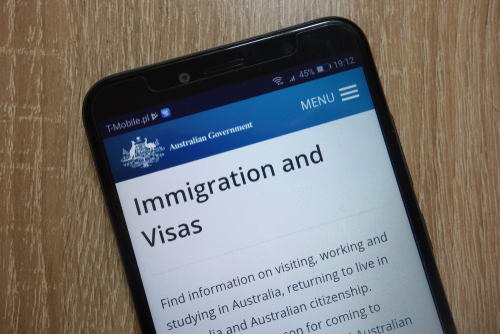
Maintaining Cultural Identity Across Borders
Tuvaluans in Australia work deliberately to preserve their cultural heritage while adapting to new environments. Community centers, cultural festivals, and language programs help maintain connections to traditional practices and values.
The Tuvaluan language remains spoken in Australian households, with parents teaching children traditional songs, stories, and customs. Cultural groups organize events that celebrate Tuvaluan holidays and life milestones according to traditional practices.
Religious communities play a central role in cultural preservation. Many Tuvaluans belong to Christian denominations that provide spiritual guidance and community gathering spaces. These churches often conduct services in Tuvaluan languages and incorporate traditional music and customs.
Food traditions continue through community gardens, specialty food stores, and family recipes passed down through generations. While some traditional ingredients may be difficult to find, creative adaptations allow families to maintain familiar flavors and cooking methods.
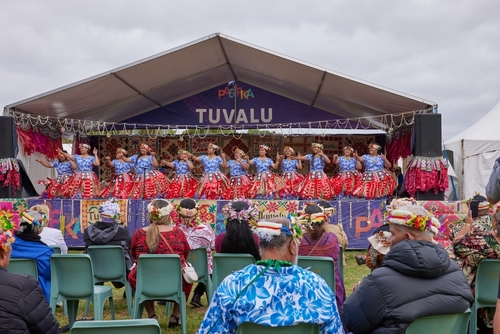
Frequently Asked Questions
What visa options are available for Tuvaluans wanting to migrate to Australia?
Tuvaluans can apply through several pathways including the Pacific Engagement Visa, Pacific Australia Labour Mobility scheme, family reunification programs, and standard skilled migration visas. Each program has specific eligibility requirements and application processes.
How long does the migration process typically take?
Processing times vary by visa type and individual circumstances. Seasonal work visas may process within months, while permanent residency applications can take several years. Family reunification cases depend on the sponsor’s status and relationship documentation.
Can Tuvaluans maintain dual citizenship with Australia?
Tuvalu allows dual citizenship, so Tuvaluans can retain their original nationality while becoming Australian citizens. This enables ongoing connections to their homeland while enjoying full rights and protections in Australia.
What support services exist for Tuvaluan migrants in Australia?
Community organizations, government settlement services, and established Tuvaluan communities provide support including housing assistance, job placement, language classes, and cultural orientation programs.
Are there restrictions on bringing family members to Australia?
Family reunification programs have specific eligibility criteria based on the sponsor’s visa status and relationship to the applicant. Immediate family members typically have priority, while extended family may face longer wait times and additional requirements.